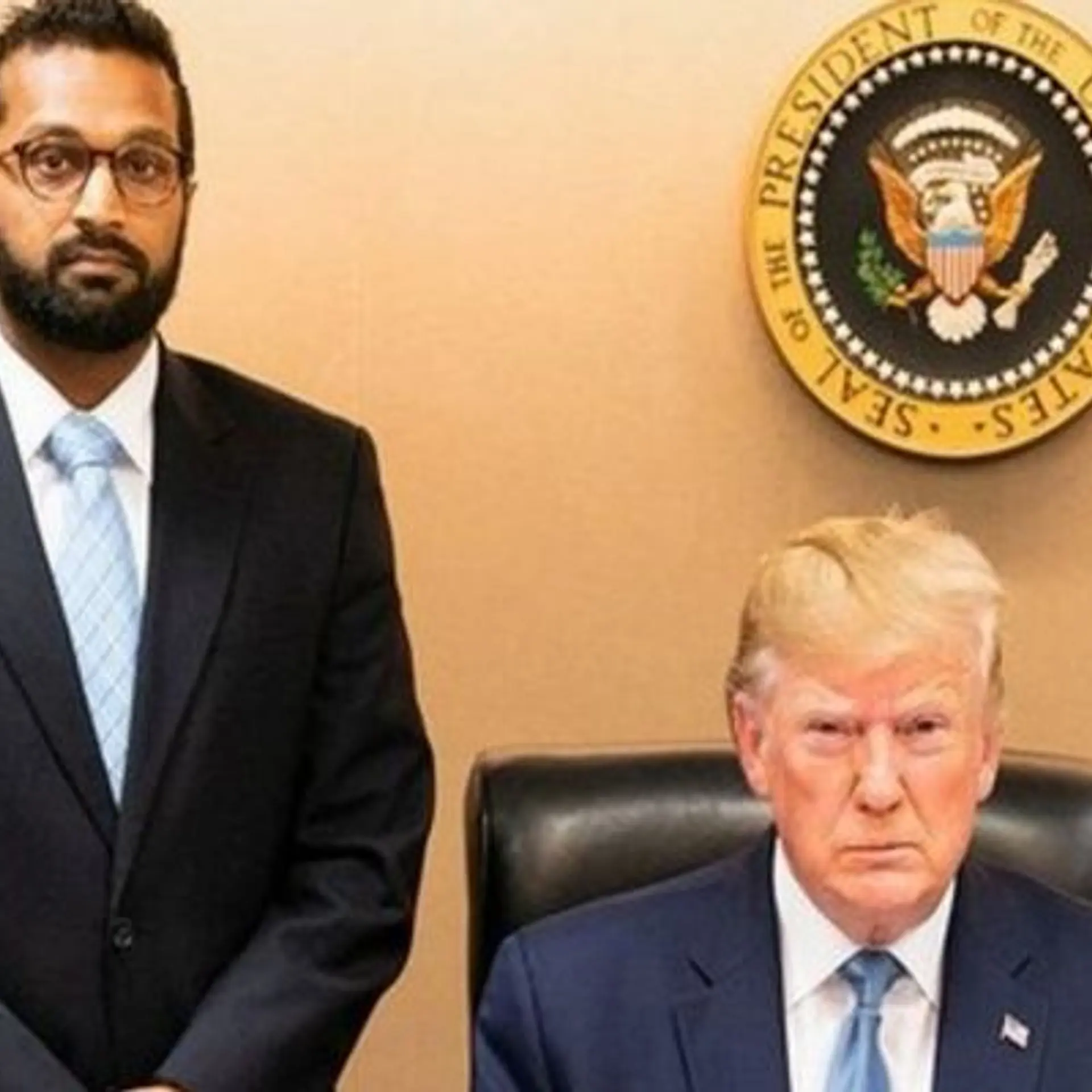Mobile India 2013 conference highlights a world of opportunities for startups – and challenges

Prof. Bhaskar Ramamurthi, Director, IIT Madras, said that India has minimal wireline infrastructure; about 90 percent of telecom users are on mobile, many of whom do not even know how to use landline phones.
But mobile broadband challenges will arise due to low data rates indoors, not enough spectrum, and concerns over emission levels. Mobile communications, including M2M, will play a key role in monitoring and ensuring reliability and sustainability of urban infrastructure such as energy, transportation and water.
Sanjay Nayak, CEO, Tejas Networks, said that global traffic from wireless devices will exceed traffic from wired devices by 2014. Targets for India’s National Telecom Policy-2012 include 175 million broadband users by 2017 and 600 million by 2020.

Ashvin Vellody, Director - Management Consulting, KPMG India, added that key mobile drivers in India will be new ecosystems (eg. Aadhaar), new devices (eg. tablets) and new consumers (eg. rural India).
The concluding panel featured five startups, many of which were drawn from YourStory.in’s MobiSparks 2012 event (see full report). The startups were: MintM (Sachin Garg, founder), Robots Alive (Abheek Bose, founder), Twaang (Vishnu Raned, founder), JanaCare (Sidhant Jena, co-founder) and Stringo (Ajit Rao, CTO). They represent a wide range of sectors: retail, robotics, music, healthcare and video sharing.
The panellists discussed several issues and perspectives: their growth stories (Day Zero, Day Today, Day Future); key challenges faced; growth metrics; experience with fundraising; and advice for aspiring startups in the audience.
Some of the founders started their companies out of passion for their domains, eg. Abheek Bose and robotics. Vishnu Raned, however, got the idea of starting his mobile app music library Twaang because he got sick of the FM radio RJ when he was once stuck in a long traffic jam!
In addition to sharing the joys and successes of their entrepreneurial journeys, the founders also gave valuable insights into the challenges that startups will need to overcome in their journeys.
1. Hiring people with the right mix of skills, passion and vision is a challenge; not everyone sees eye to eye when they join a startup. It is even harder to find employees with the right skills in hybrid domains, eg. mobile + healthcare. There are also challenges in managing expectations: not every startup becomes a Facebook.
2. For startups in app development, the app space is getting very crowded – and discovery, retention and monetisation of apps are key challenges.
3. Developing the entrepreneurial ‘hunch’ or ‘instinct’ takes time and can only be learnt via experience. This includes knowing when to say ‘no’ to customers, and when and how to pivot.
4. In India, the decision making in large organisations (eg. big brands, government agencies) is very slow when it comes to deals with startups; they do not have a proactive culture of engagement and experimentation with startups as in the US.
5. It is easy to get swept up in the search for funds, especially when funders come to startups. Many founders do not know how to value their companies properly. The best funders are actually a startup’s own customers. The best customers are the ‘super users’ who give excellent feedback and almost become partners or advisors.
6. Adding new features does not automatically bring new users for products; it depends on the level of engagement with the mobile product.
7. Many mobile startups have still not mastered the user interface and user experience, especially for new users.
8. It can be tough to reach out to new users in rural India in local languages. It helps to form reliable partnerships, eg. find handset makers who can host your app right at the onset.
“Find your passion. Go beyond just an idea. Create value and build a business. Learn as you go. Give it a shot!” the startup panel concluded.
Follow YourStory.in’s research director Madanmohan Rao







